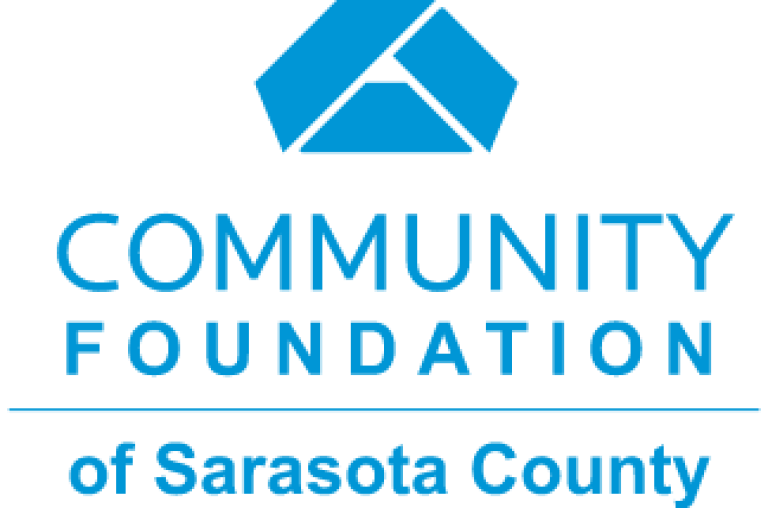September 11, 2024
Talking With Your Client About Charitable Giving
Categories: Professional Advisors, Legal,
Talking with your clients about charitable giving is an important aspect of the attorney – client relationship, especially for estate planners and business attorneys who deal with family-owned businesses. I recommend the discussion of charitable interests and charitable giving be a part of the annual review process with your client, whether or not your client raises the issue.
Many attorneys are hesitant to talk to their clients about philanthropy, cautious of encroaching on a personal or confidential topic or for fear they may offend a client who gives very little to charity or nothing at all. Some attorneys feel it is only appropriate to discuss charitable giving when their client needs a tax solution after a financial windfall. And other attorneys do not feel expert enough in tax planning and charitable gift planning to broach the subject with their clients.
For those attorneys who do talk to their clients about charitable giving, the conversation typically takes place at year-end when clients have realized they have earned a considerable amount of money for the tax year or have significant appreciated assets and are interested in donating last- minute and receiving a tax benefit for the current year. Talking to your client about charitable giving is similar to understanding your client’s family dynamics. Explain to your client that a charitable conversation will enable you to make sure they are getting the best possible legal, investment, and tax advice.
So how do you initiate the topic? The first question is an easy one – does your client have any charitable interests? Is your client involved with a nonprofit organization as a volunteer, a donor, or a board member? Are there issues and causes that your client feels passionate about? How does your client decide which nonprofits to support? Does your client wish to leave a philanthropic legacy for his/her children to follow? This isn’t a one-time conversation but something that involves a series of talks.
Although year-end charitable conversations are very important and more likely to happen for tax planning purposes, it would be helpful if attorneys would initiate these discussions earlier in the year. With advance planning, clients are more likely to enjoy a deeper sense of satisfaction, pride, and even accomplishment in knowing that their generous donations are helping the causes and organizations that they are passionate about. Review your client’s list of assets. Assets such as appreciated stock, closely held business interests, real estate, and distributions from individual retirement accounts often offer tax advantages as charitable gifts. Ask your client to provide a list of gifts made in the past year. Ask the client which gifts gave them the greatest sense of fulfillment. You can add value by helping your clients become more intentional and methodical in their giving, and less reactive, which tends to happen at year-end giving.
A conversation with your client concerning charitable interests will help you build stronger personal connections with them and may also build a bridge to the family’s next generation. By discussing their charitable goals, you may be able to help them increase their current income, leave a legacy in the community, and teach their children about philanthropy. Simply avoiding the issue may make the attorney appear unhelpful and out-of-touch with some of the client’s needs.
There are several benefits for clients when they discuss charitable planning with their attorneys. Clients may be missing significant tax benefits through annual giving and estate giving and may not realize that non-cash assets can be favorable to fund charitable donations. Clients can create a legacy or strengthen families across generations and pass down values. Clients may be frustrated by recordkeeping requirements, or by frequent solicitations and their attorney can help protect and organize appropriate solutions with efficient charitable vehicles.
There are also benefits for attorneys when they talk with their clients about charitable giving. By planning ahead, attorneys can avoid the mad end-of- year rush to transfer stock to charities, create charitable vehicles or make last-minute charitable decisions for tax purposes. Demonstrating that the attorney is interested in the client’s charitable interests and wants to do what is best for the client enhances the relationship and strengthens the connection with the client. Discussing charitable interests provides something positive to talk about instead or death, taxes, or the instability of the markets. It creates opportunities to meet other charitably minded friends and family members of clients. It also gives the attorney another reason to meet with the client on a regular basis to review estate and charitable planning.
Attorneys should have the charitable conversations with all their clients who may include couples or individuals without children, never-married adults, divorced or widowed clients, parents with very successful children, parents who want to limit the amount they leave to their children, and young entrepreneurs. These discussions will enable clients to decide what they want to accomplish during their lifetime, at death, and even after death. Studies show high net worth individuals are expecting to talk about charitable giving as they make annual business/financial plans and estate plans with their attorneys. This discussion will not only create very positive immediate and ongoing results for attorneys and clients, it will also greatly benefit the causes and nonprofit organizations that clients wish to support.
To support you in your charitable conversations with your clients, please do not hesitate to contact Betsy Pennewill, General Counsel, Community Foundation of Sarasota County.
